QUESTION:
What do the Scholars say regarding the following: when praying how loud should the recitation be? I have seen some people not even moving their lips when they pray.
Questioner: A brother from UK
ANSWER:
It is necessary (wājib) for the Imām to recite aloud in the audible prayers (two raka’ats of Fajr, first two raka’ats Maghrib and Īsha, and in all the raka’ats of Jummah, Eid prayers, tarawīh and the witr of Ramadān), such that the minimum degree of loudness of his voice for the recitation of the Qūr’ān reaches the first line of the congregation.
[Dūrr e Mūkhtār 1/359, Bahār e Shari’at 3/238]
As for the one praying alone (munfarid), it is left to his discretion whether to recite audibly or silently, although it is more virtuous to recite aloud in the audible prayers that are being performed on time (adā salāh), whilst it is necessary to recite silently, such that he is able to hear his own voice, for the prayers which are being performed late (qadā salāh).
[Dūrr e Mūkhtār 1/358, Bahār e Shari’at3/239]
The maximum degree of loudness of voice for the recitation of the Qūr’ān is not fixed nor is there any stipulation as such found. Nevertheless, it is disliked (makruh) to recite so loudly whereby causing pain to oneself or others. It is necessary (waajib) for the Imām to recite silently in the inaudible prayers, such that he is able to hear his own voice.
[Raddū l-Mūhtār 1/357, Fatāwā Razawiyyah 3/93, Bahār e Shari’at 3/239]
And Allāh knows best
Answered by Ustadh Asid Shafait
Checked by Shaykh Naveed Jameel ash-Shaami
Also see:
[Q-ID0514] Can I pray out aloud in the Witr Salah?
[Q-ID0569] Why does the Imam recite quietly in Zuhr & Asr but audibly for the other prayers?



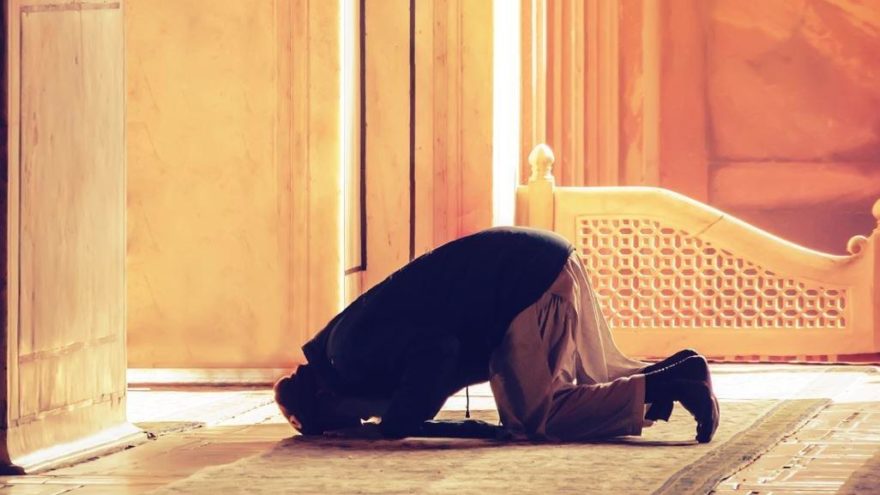

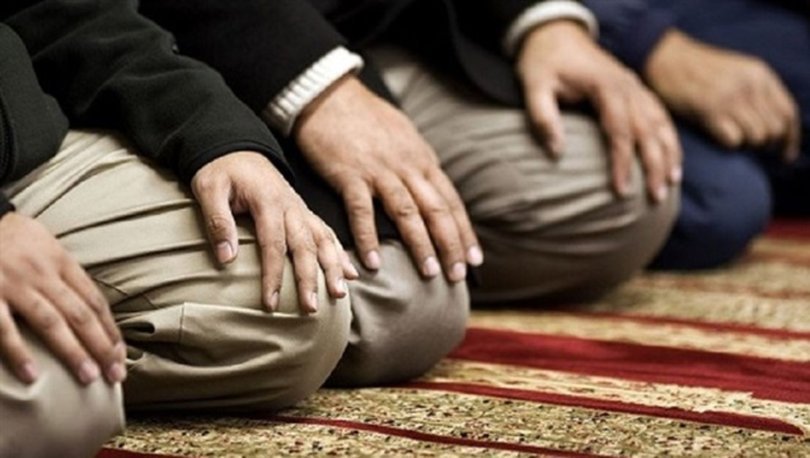



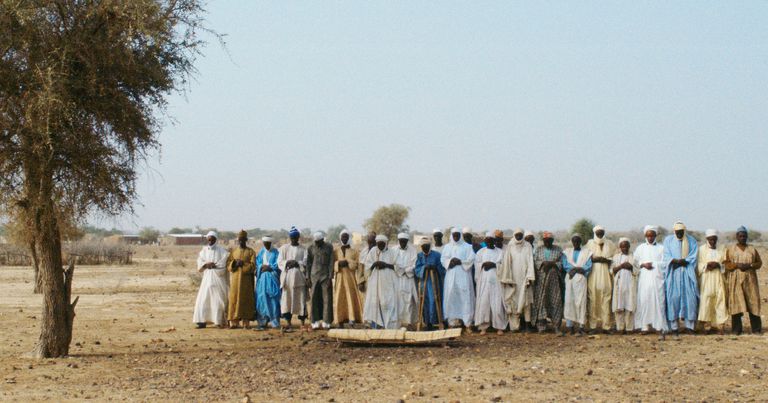
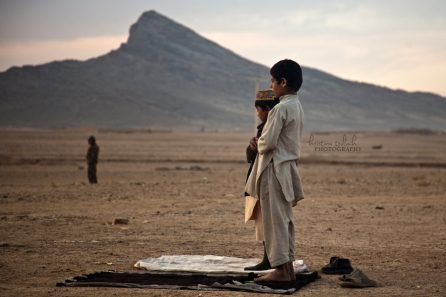

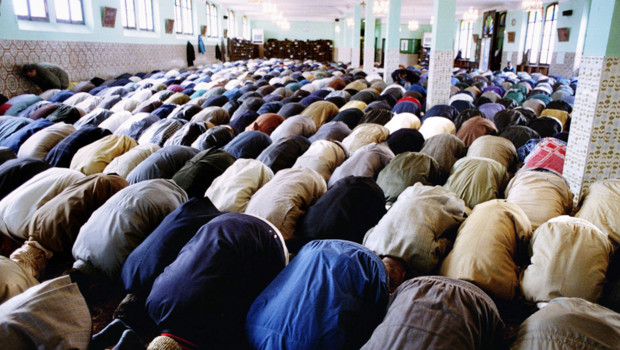

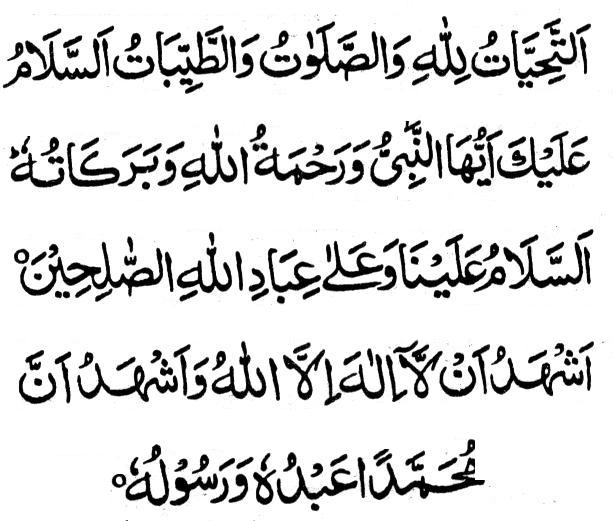
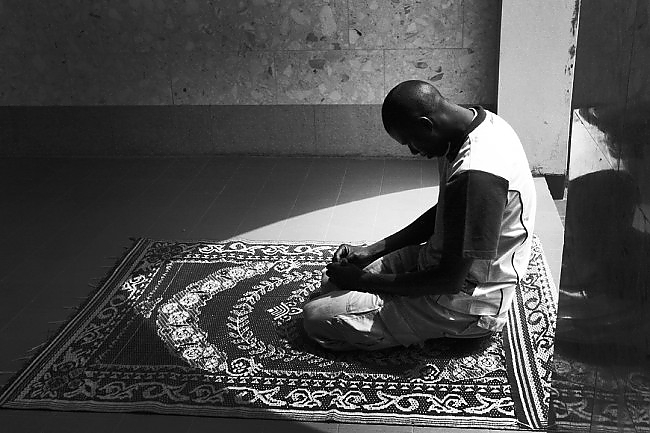


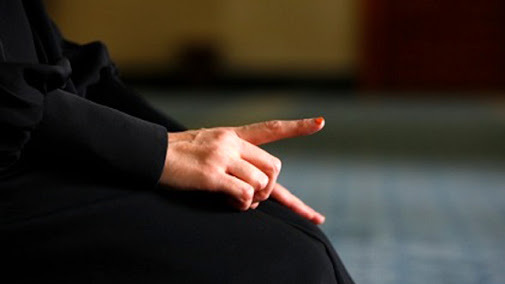


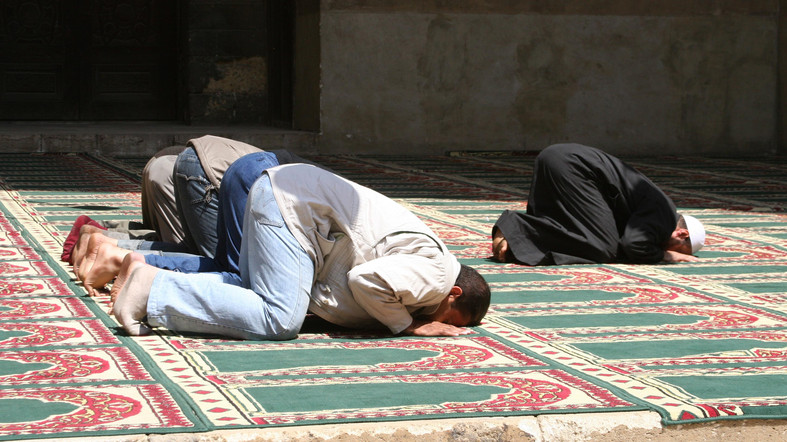
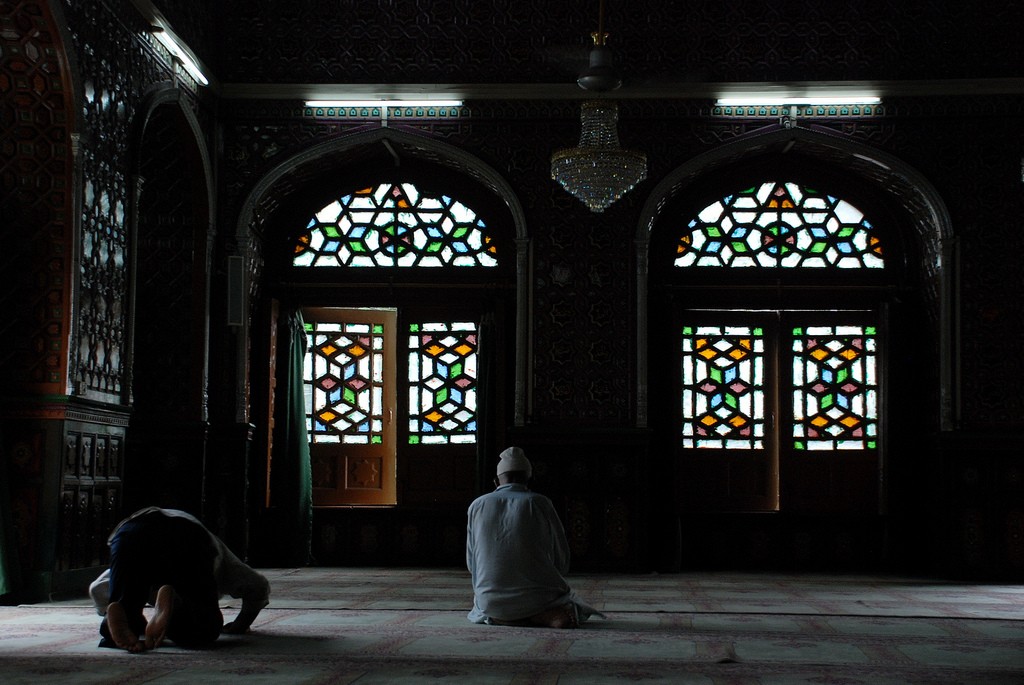


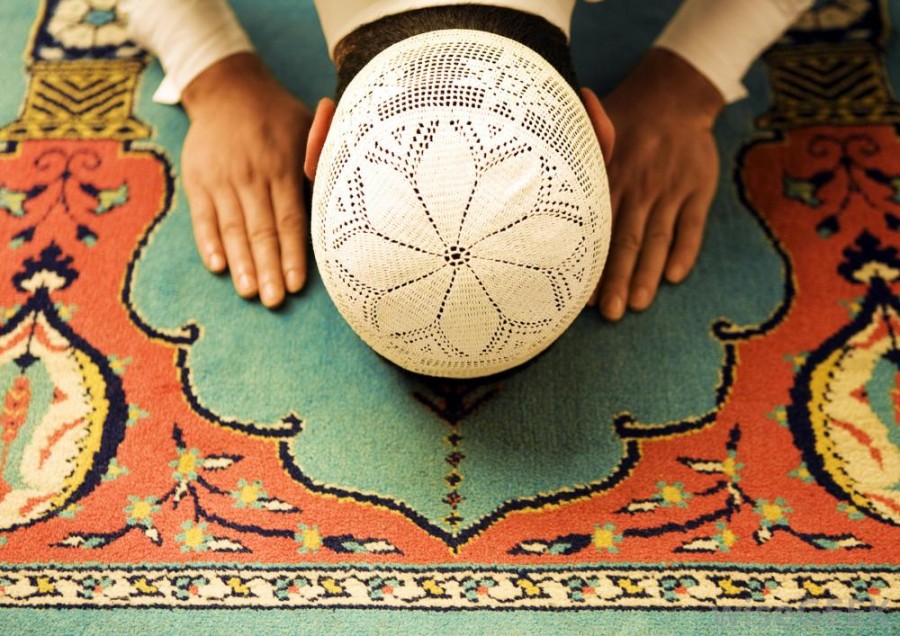

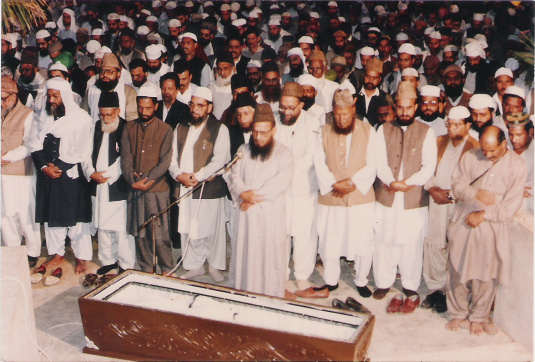
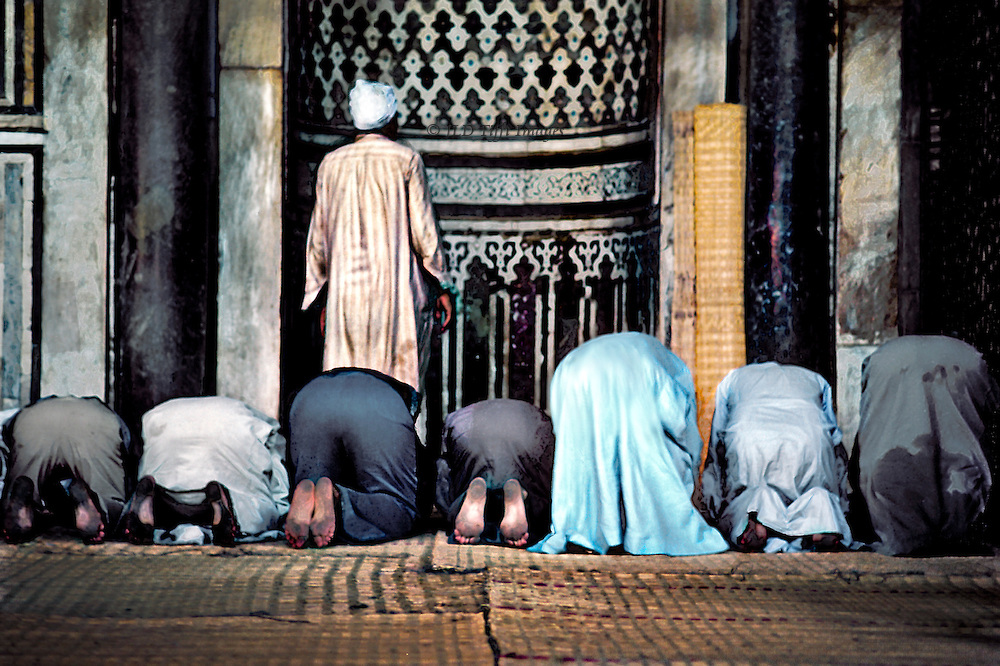
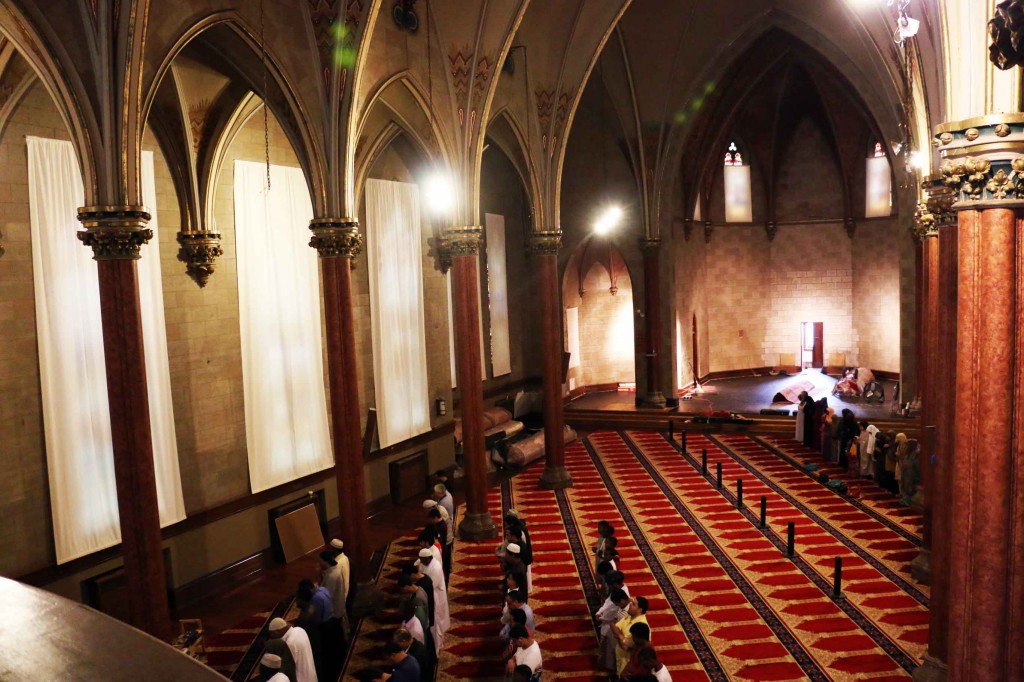
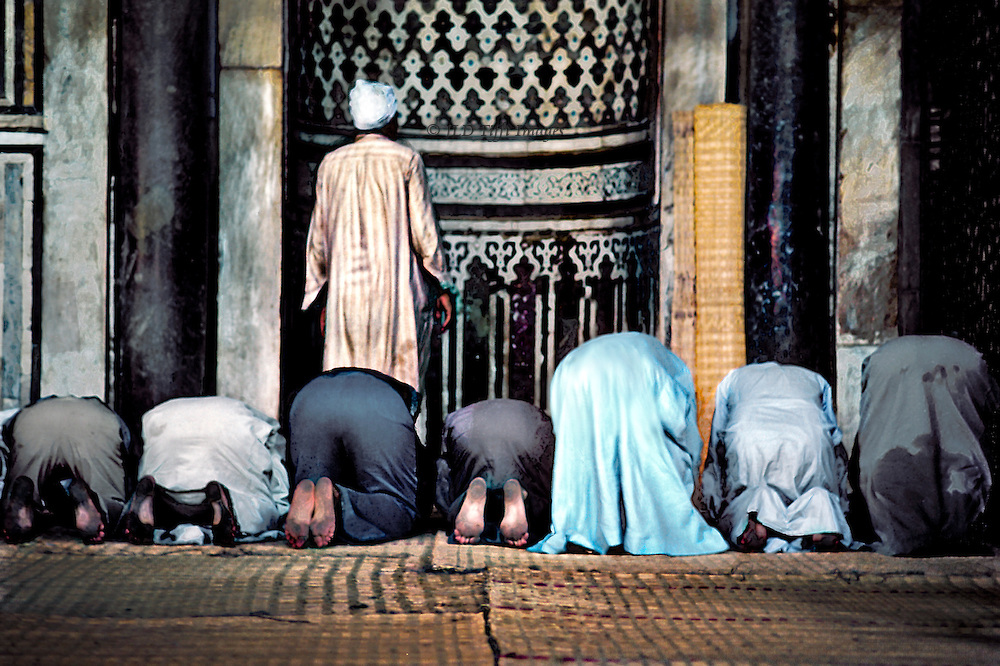
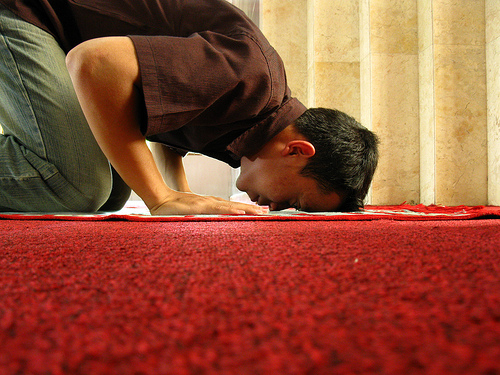
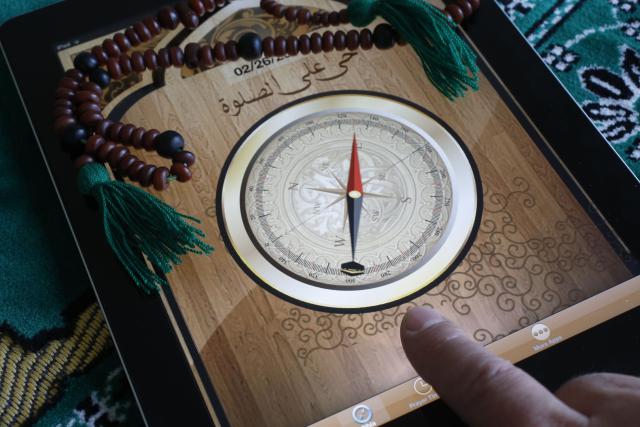
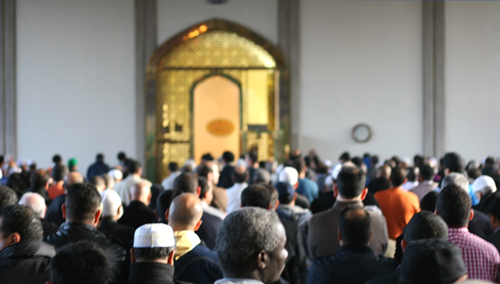



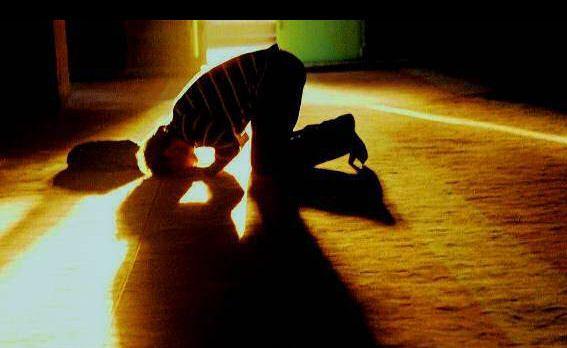

![[Q-ID0220] I’ve never prayed in my life, from when do I calculate how many prayers I need to make up (qada)?](http://www.seekerspath.co.uk/wp-content/themes/hueman-pro/assets/front/img/thumb-medium-empty.png.pagespeed.ce.q0RS_Oe2Ar.png)









